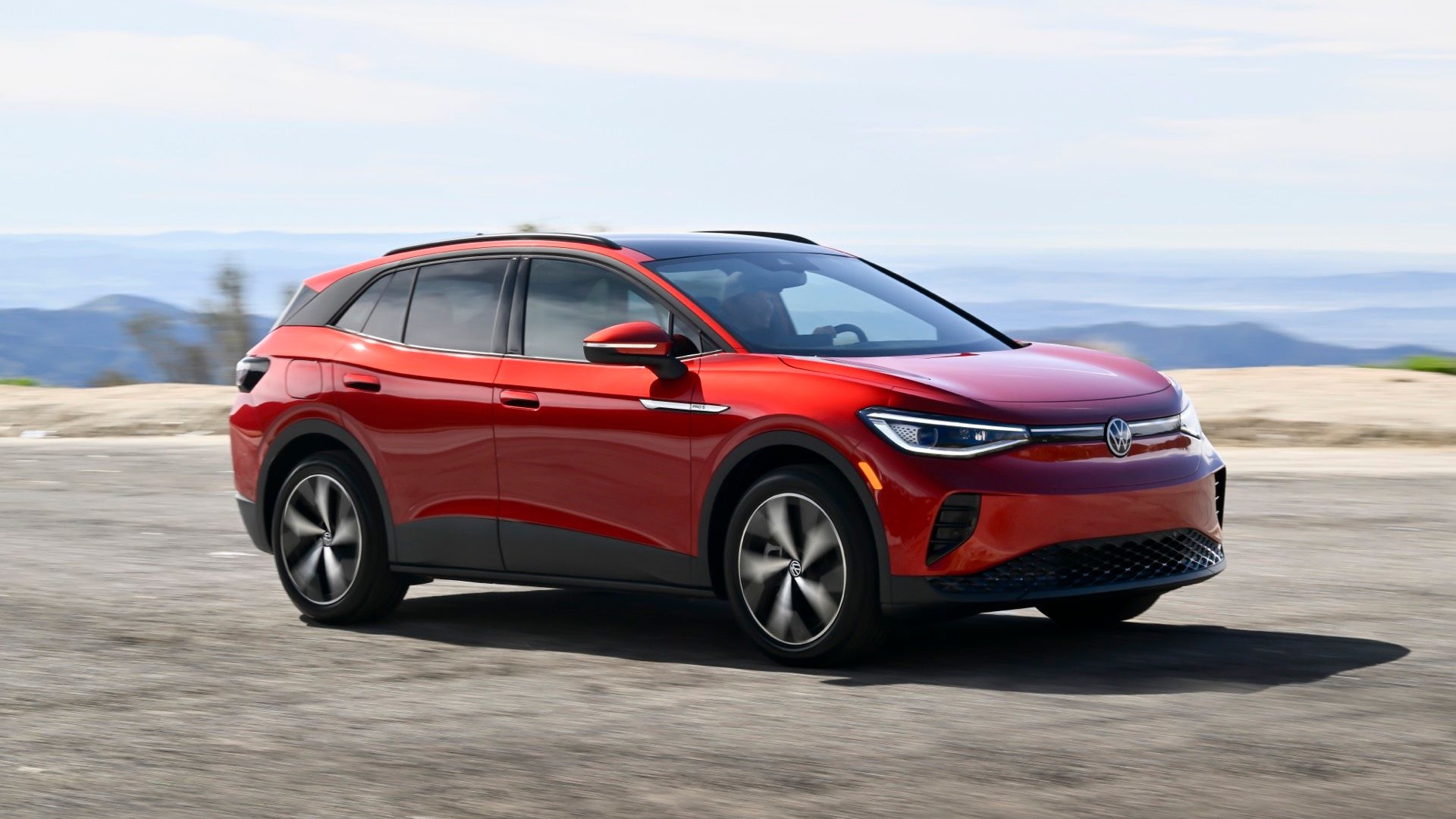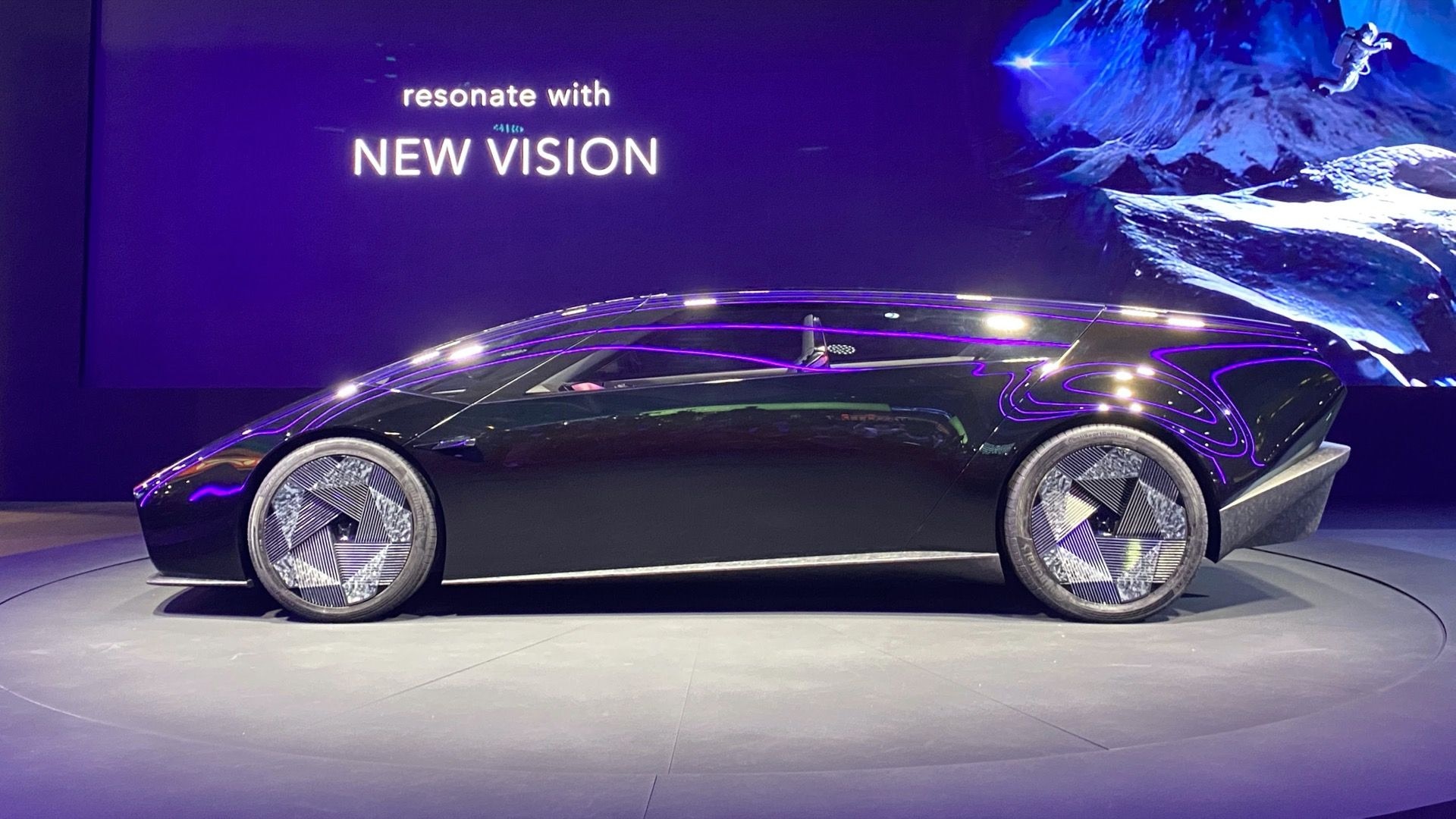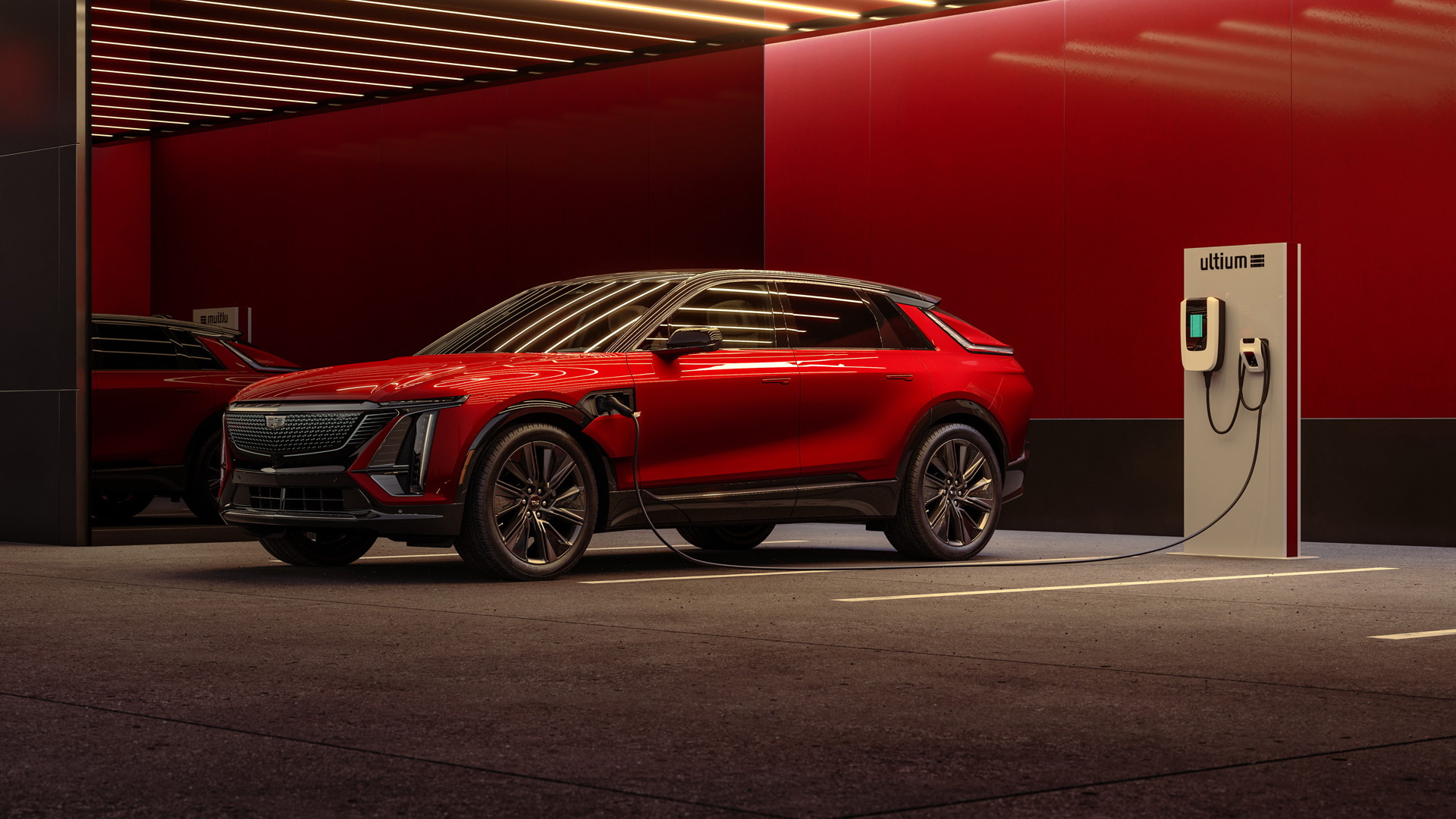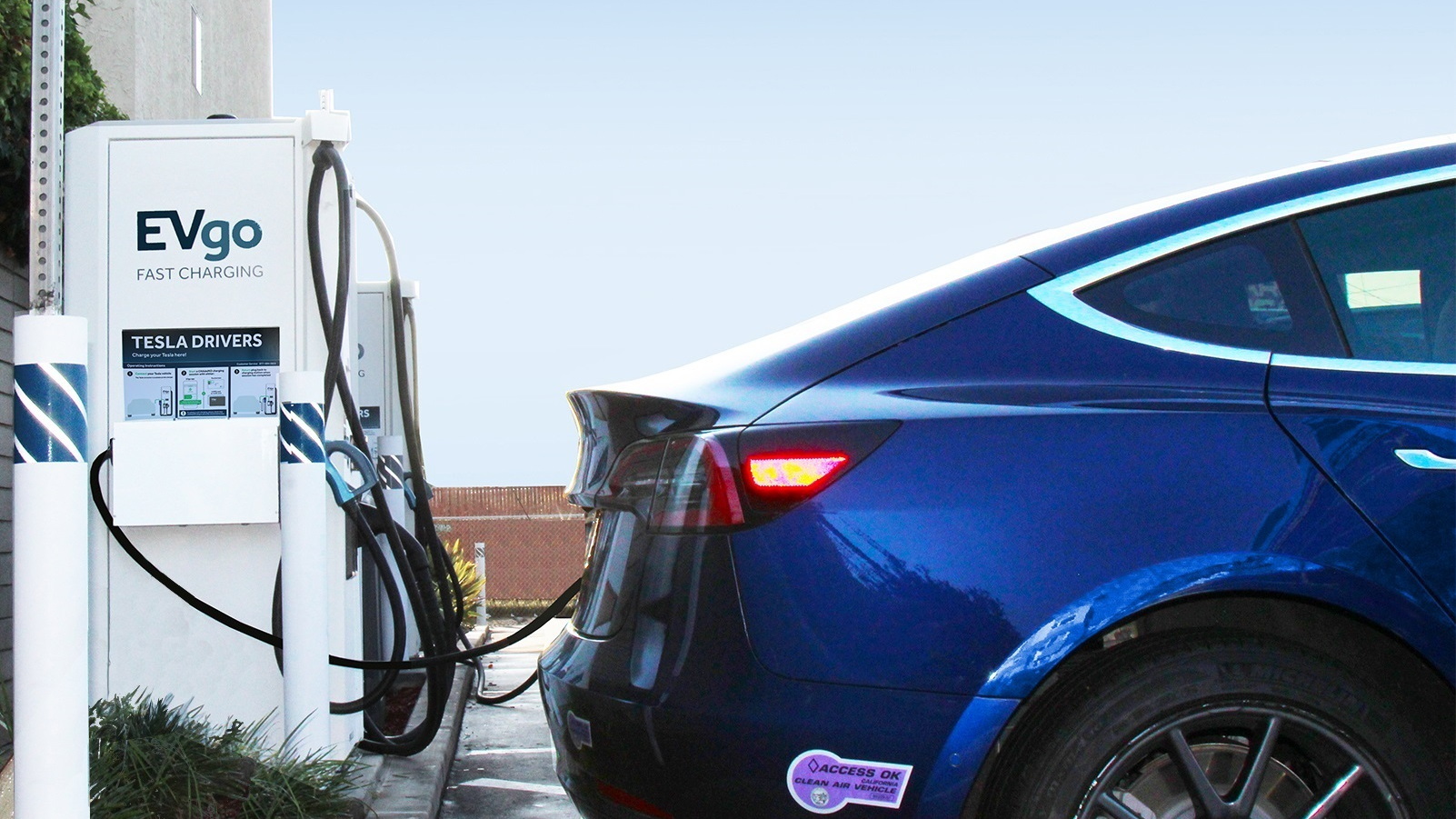Tesla now has a new—and somewhat unexpected—ally in promoting its Powerwall home energy-storage battery packs.
A Vermont electric utility is now selling the battery packs to customers in hopes they can be used to stabilize the grid if needed.
Those customers, meanwhile, can make greater use of renewable energy.
DON'T MISS: Tesla to provide batteries for energy storage farm in Kauai, Hawaii
Green Mountain Power is offering the packs to Vermont customers at a slight discount, with the understanding that the packs will be used to discharge power back into the grid on occasion, according to a Vermont Public Radio report.
This is apparently the first time a utility has actively promoted Tesla's energy-storage system, and shows one way a utility can benefit from decentralized electricity infrastructure.
Energy-storage systems connected to home solar arrays allow consumers to cut themselves off from the grid by allowing them to rely more on renewable energy.
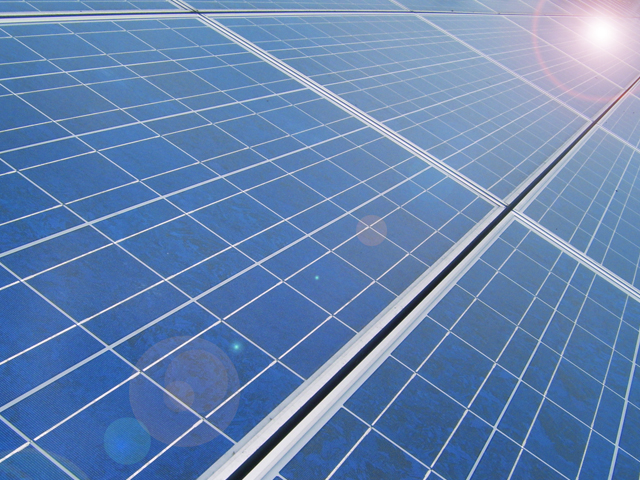
Solar Panels by Flickr user Chandra Marsono
Battery packs store energy—which homeowners would typically have to dump back into the grid—for later use, when sunlight may not be available.
But Green Mountain Power's scheme is all about incorporating that home-energy storage into the larger grid.
Many customers will charge their Powerwall battery packs with solar energy, but others will simply connect them to the grid as emergency backup-power sources.
ALSO SEE: Vermont B&B Offers Solar-Powered Electric-Car Charging (Sep 2015)
All of the 500 packs Green Mountain Power distributes, however, will be equipped to discharge power back into the grid when needed.
This will give the utility an extra source of power to use during periods of high demand, taking some of the strain off its traditional generating infrastructure.
The system will be programmed to begin recharging batteries as soon as possible so customers have that power available, Green Mountain Power told Vermont Public Radio.

Photovoltaic solar power field at Volkswagen plant in Chattanooga, Tennessee
The utility does not receive a discount from Tesla on the Powerwall units, which cost $6,500 apiece.
That includes the cost of inverters needed to convert power back and forth from AC to DC, allowing the battery packs to interface with the grid.
MORE: Elon Musk vs Warren Buffett: how two titans see carbon-free electricity
Customers who elect to connect their Powerwall units to the grid get a $2,000 discount on the purchase price from Green Mountain Power.
This scheme represents one way for traditional utilities and technologies like energy storage and home solar power to coexist.

Electricity grid substation (Image: FirstEnergy Corp on Flickr, used under CC license)
Many utilities are wary of consumers generating their own power, believing it threatens their business model.
NRG continues to investigate solar power for its own use, but recently shuttered its home-solar sales division.
In Nevada, Warren Buffett-controlled NV Energy also plans to incorporate renewable energy into is generating mix, but is also fighting Tesla-backed SolarCity's efforts to sell rooftop solar panels to homeowners in the Silver State.
[hat tip: John C. Briggs]
_______________________________________________







